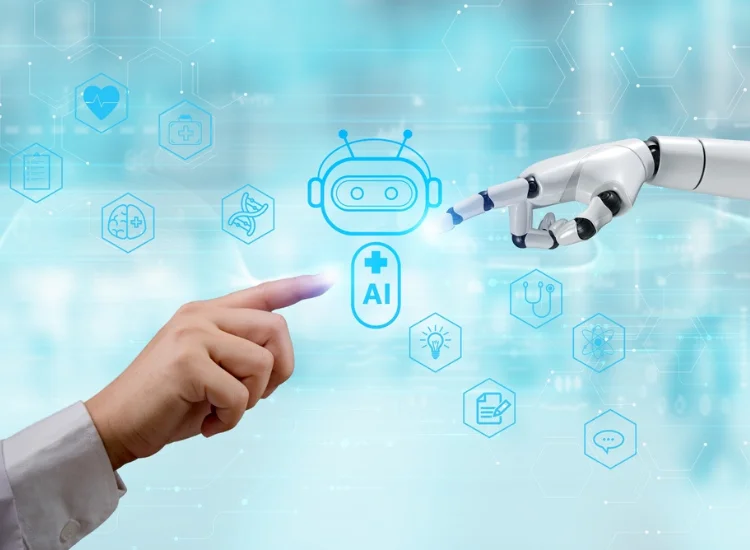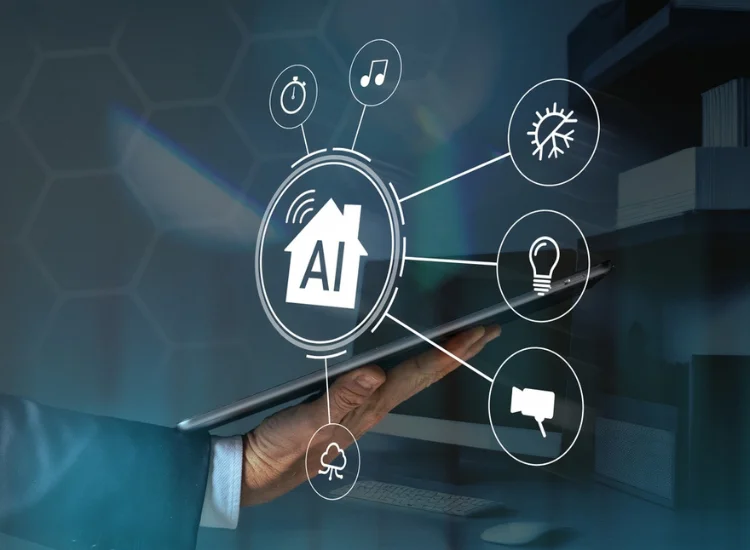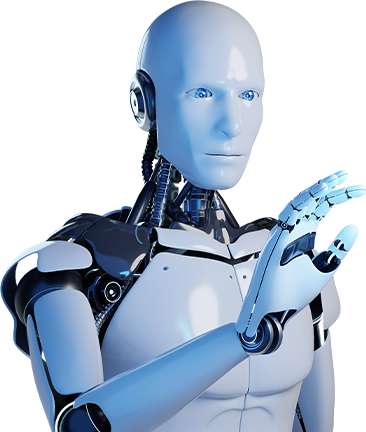
Biomedical Instrumentation: Transforming Healthcare with Technology
By : Admin Sep 28,2022Introduction
Health care is changing at breakneck speed, and biomedical instrumentation is at the epicenter of this revolution. From basic thermometers to sophisticated MRI units, biomedical devices allow physicians and scientists to diagnose, track, and treat patients more efficiently. As technology converges with medicine, these devices are transforming contemporary health care.
What is Biomedical Instrumentation?
Biomedical instrumentation is the production, application, and service of devices to monitor, measure, and treat biological systems. Biomedical instrumentation is the link that closes the gap between medical practice and engineering to enable healthcare professionals to obtain real-time information about the body.
Applications of Biomedical Instrumentation
Diagnostic Tools
Therapeutic Devices
Patient Monitoring
Benefits of Biomedical Instrumentation
Challenges and Limitations
Future of Biomedical Instrumentation
The future of biomedical innovation is powered by AI, IoT, and robotics. Imagine AI-powered diagnosis from MRI images, wearable sensors detecting diseases before they appear, and robotic surgery with abilities beyond human capabilities. These technologies will make healthcare predictive, preventive, and personalized.
Conclusion
Biomedical devices are not technology alone; they're a lifesaving rescue that saves countless lives each day. Through the bridge of medicine and engineering, it empowers healthcare practitioners to provide right, timely, and efficient treatment. With rising innovation, biomedical devices will remain the pillar of modern medicine.
FAQs
1. Why is biomedical instrumentation important?
It helps doctors diagnose diseases, monitor patients, and provide better healthcare with accuracy.
2. Is biomedical instrumentation only for hospitals?
No, many devices such as glucose monitors and fitness trackers are used at home as well.
Category
- Agriculture Robots
- Biomedical Instrumentation
- Ai Automation
- Industrial Robots










